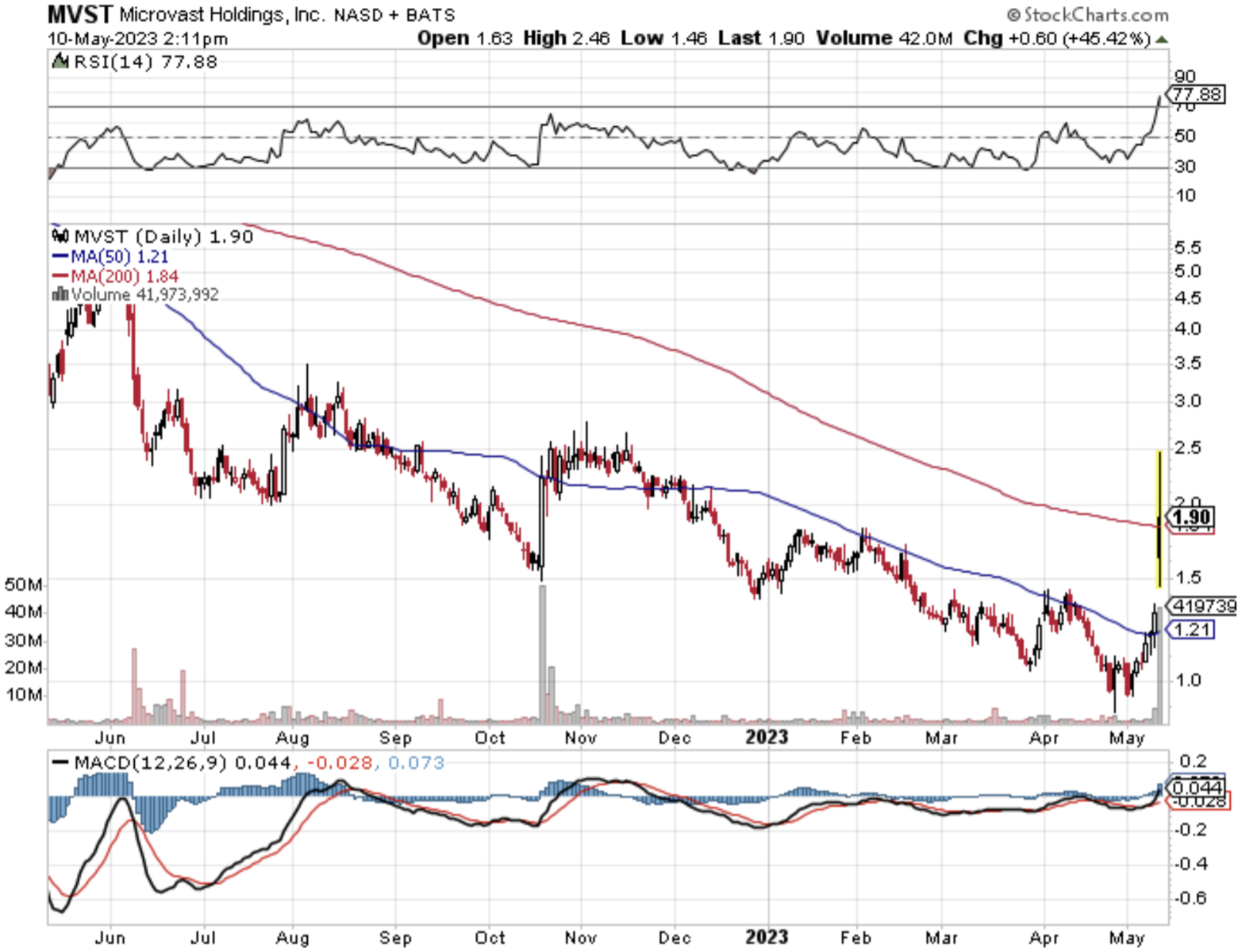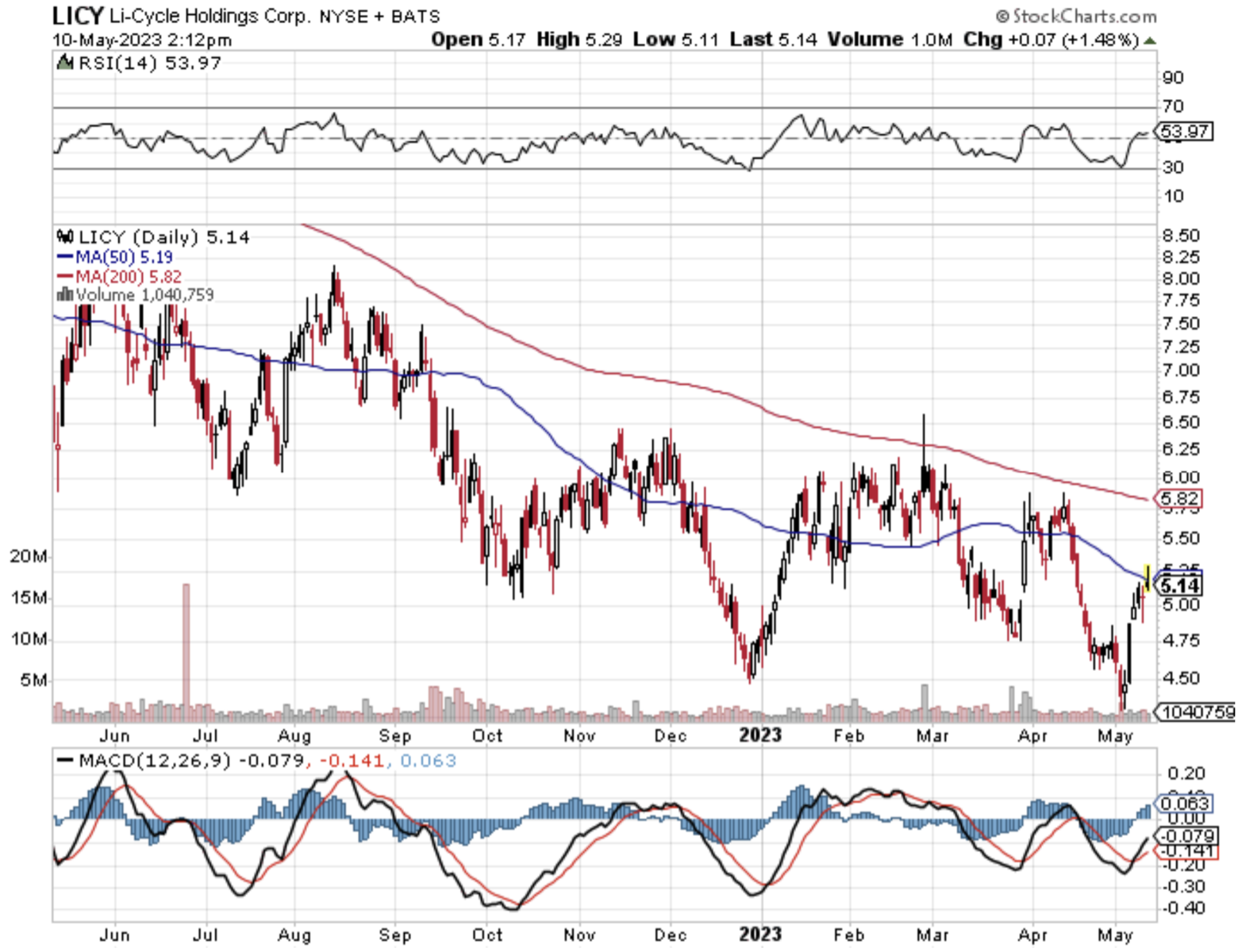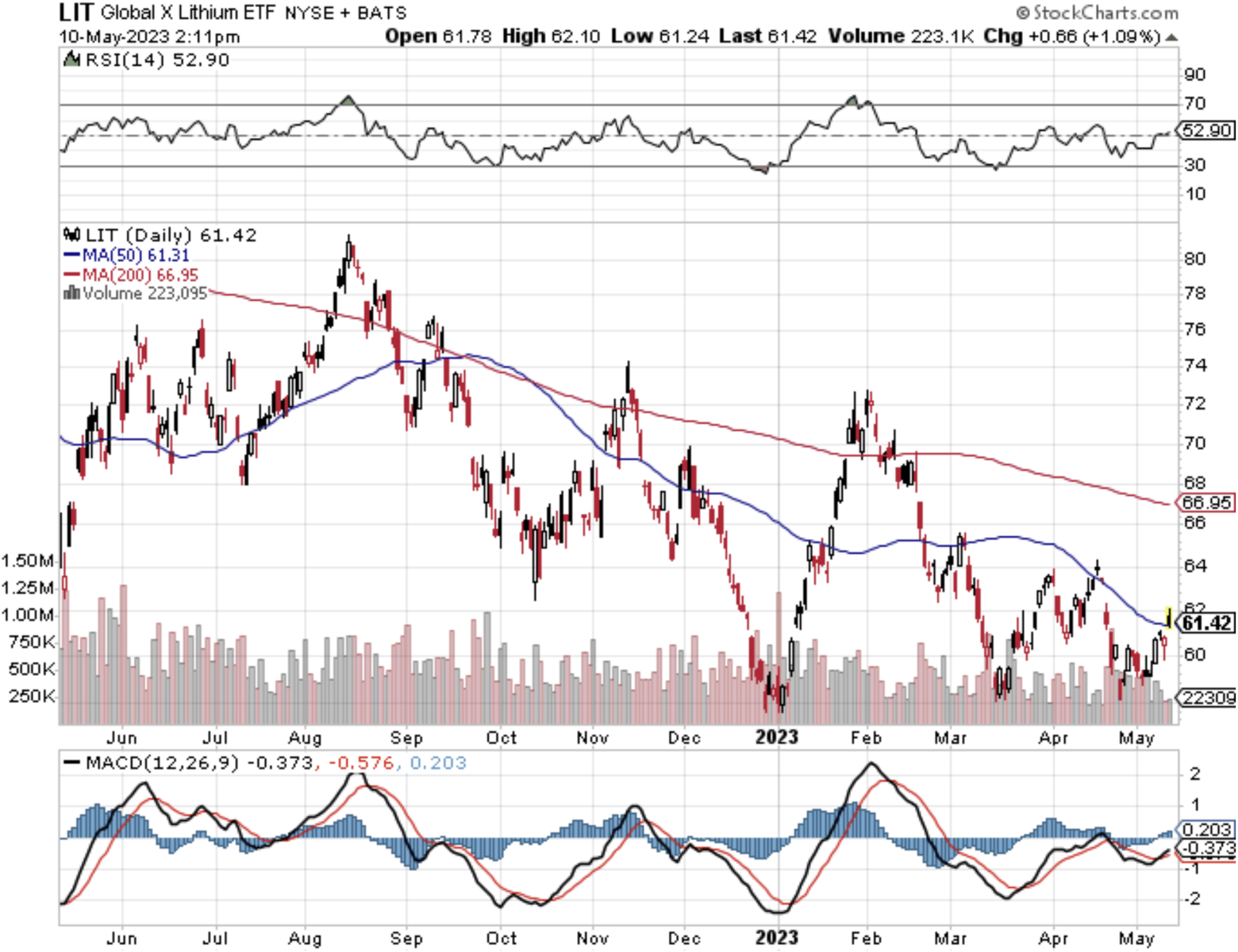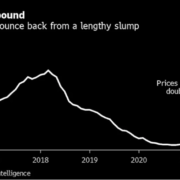Front-Run the Lithium Pivot
I remembered the moniker data was the new oil and there is a salient argument that still holds true, especially with software companies.
However, the CEO of Tesla Elon Musk has something to say about that when he described lithium batteries as the new oil.
Musk said that as he was hyping up a new lithium-ion factory Tesla intends to construct in Corpus Christi, Texas.
The EV leader plans on a $375 million facility so it can produce more domestic battery-grade lithium than the rest of North America is currently capable of.
Given lithium is a key component of the batteries that power Tesla’s cars, and EVs are set to gain widespread adoption over the coming years, Tesla is obviously an outsized winner here.
Here are two other companies that could participate in the lithium gains as well:
Microvast Holdings (MVST)
The company’s advanced battery solutions are designed to power a wide range of electric vehicles, from small passenger cars to heavy-duty trucks and buses.
The stock is up around 50% today after yesterday’s earnings.
The companies delivered better-than-expected results and announced record-breaking backlogs of delivery orders.
Sitting at $2 per share, it’s still cheap to jump in.
Li-Cycle Holdings (LICY)
Next is Canadian company Li-Cycle Holdings, a specialist in advanced lithium-ion battery resource recovery.
Essentially, the firm recycles lithium-ion batteries, reintroducing the materials back into the supply chain, and the proprietary tech is designed to recover up to 95% of the materials used in the battery manufacturing process, including lithium, cobalt, nickel, and other valuable metals.
Li-Cycle has also secured several partnerships with other companies, including Kion, Glencore, and Renewance.
The transportation and energy markets are evolving in unpredictable ways, but most prognosticators agree: no matter what happens, battery recycling will be crucial.
LICY still strikes me as an investable option in this segment; the company has a multi-year head start, as well as a growing list of strategic partners (including KION, a German multinational that manufactures 1.7 million forklifts per year).
Perhaps most importantly, a $375M loan from the Department of Energy helps de-risk Li-Cycle’s balance sheet, so unlike many asset-intensive peers in the battery supply chain, LICY should have no problem funding its expansion.
If readers want to take a broader approach to investing and reach for a basket of lithium-based exposure then one of the most popular ETFs providing exposure to lithium is the Lithium & Battery Tech ETF (LIT).
It invests in the full lithium cycle, from mining and refining the metal, right through to battery production.
There are options for the reader because these small companies are highly speculative and aren’t a sure thing.
Going with LIT is a safer way to ride the lithium trend but by reducing risk by a great deal.
EVs aren’t going away anytime soon, and the heaps of policies introduced to the global economy mean that car manufacturers will be forced to pump out more EVs in the future.





